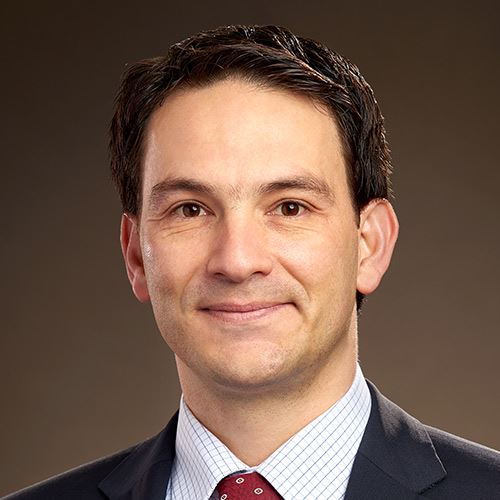 By Guillermo Guzman, MD, Saint Alphonsus Medical Center, Idaho State Board of Medicine
By Guillermo Guzman, MD, Saint Alphonsus Medical Center, Idaho State Board of Medicine
The stressors of the day to day activities that fade into routine and become almost imperceptible. The added patient at the end of our shift, followed by a phone call that still needs to be completed. The almost mandatory extra hour to finish your medical records and then on to review laboratory and radiology results waiting in your inbox. Only to start again the next day. And on to the next week. And so on.
As if the routine practice of medicine was not sufficient we now add COVID-19 - a novel coronavirus that has completely transformed our communities. That has changed the practice of medicine and expedited Telehealth as many patients still need access to you but are either unable or unwilling to come to the office. The emergency room with its providers overwhelmed. Surgeons having to scramble and reschedule elective surgeries as there were no beds on that day. Hospitalists now dealing with the burden of the usual admissions plus those sick enough with COVID that also need care. Intensivists now facing a shortage of ventilators. The list could go on and on with individual illustrations of the greater or lesser extent that all specialties have been affected by COVID-19.
On September 17th is National Physician Suicide Awareness day and now more than ever we need to rethink provider resiliency and well-being. Providers are leaving our profession for many reasons but at the end of the day, it is the aggregate of what it means to practice medicine that contributes to the dissatisfaction with our profession.
It is estimated that 40% of burnout is a result of practice inefficiency, 40% is a consequence of an organization’s culture and the remaining 20% is a direct result of a personal inability as health care providers to stay resilient.
Hospital systems are now coming to terms with the above statistics and are creating provider well-being departments that are rethinking the practice of medicine in order to enable us to care for our patients in a humane way for years to come. Medical societies are also refocusing their energies to help us remain resilient by creating awareness. On our part as providers, we have an obligation to stay healthy, both in mind and in spirit. To seek medical care when needed to be able to continue to provide for our patients. To seek counseling when appropriate to allow us to provide quality care. To truly rest when away from your work and dedicate our time also to our family and friends.
Most providers experiencing burnout do offer advance warning of personal struggles in their practices and, just as we care for our patients, so should we care for our colleagues by helping them seek the care they need. It is important that we become familiar with our local resources by contacting local and/or state medical societies. Additionally, employer Human Resources departments are excellent resources.
Medicine can be very rewarding, and we should not forget why we chose health care as a profession.
“The function of man is to live, not to exist” -Jack London
Reprinted from the Idaho State Board of Medicine Fall 2021 Newsletter with permission.
All ACMS member contributions are solely the opinion of the author and do not necessarily represent the views of Ada County Medical Society, its Board of Directors, its staff, or the membership.


